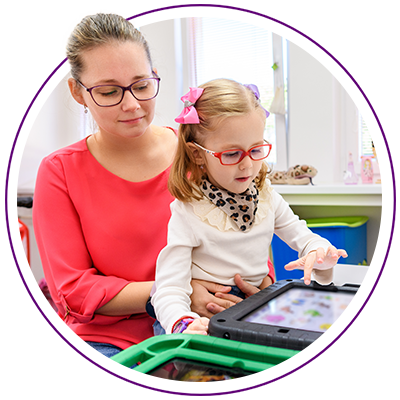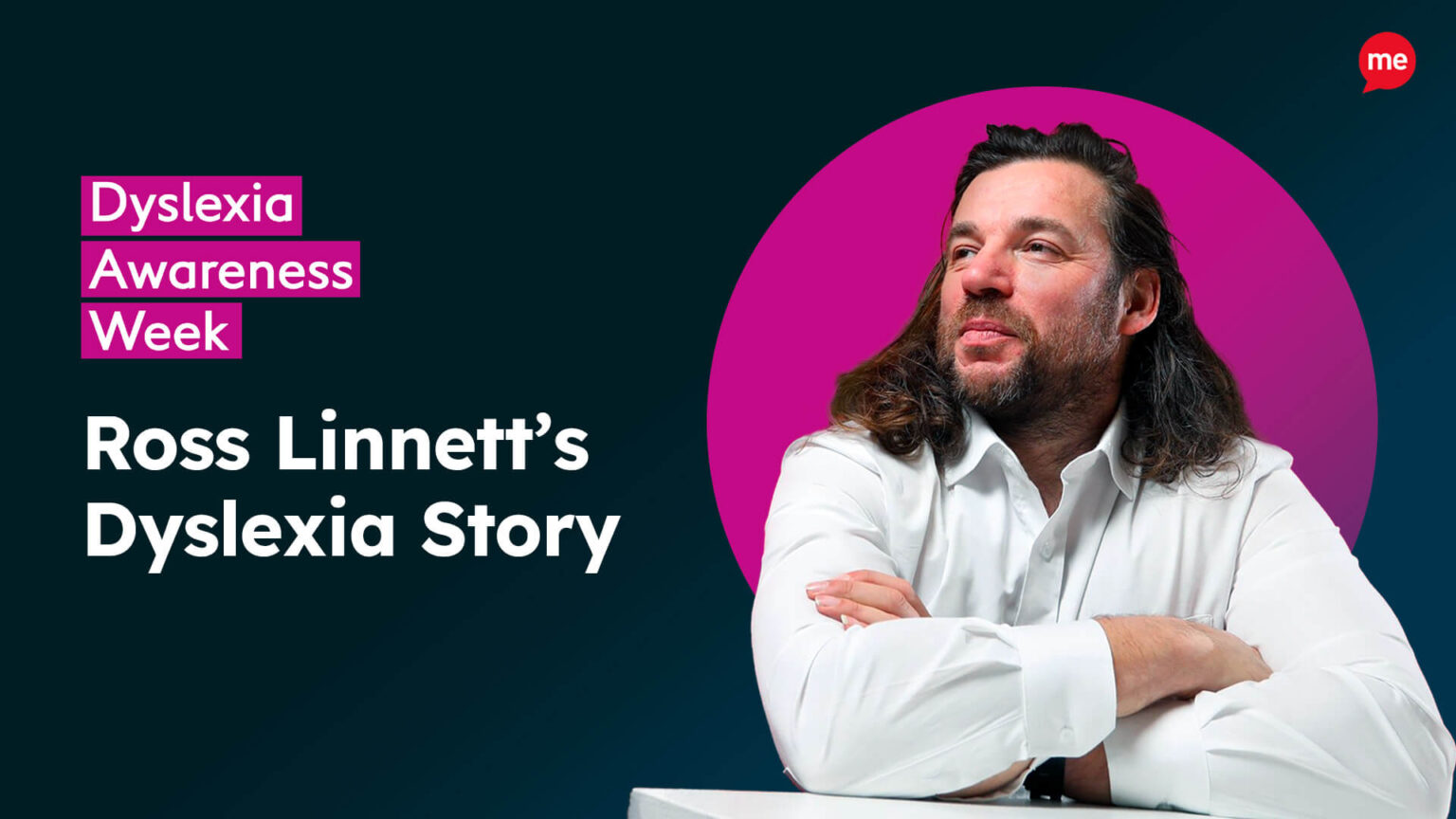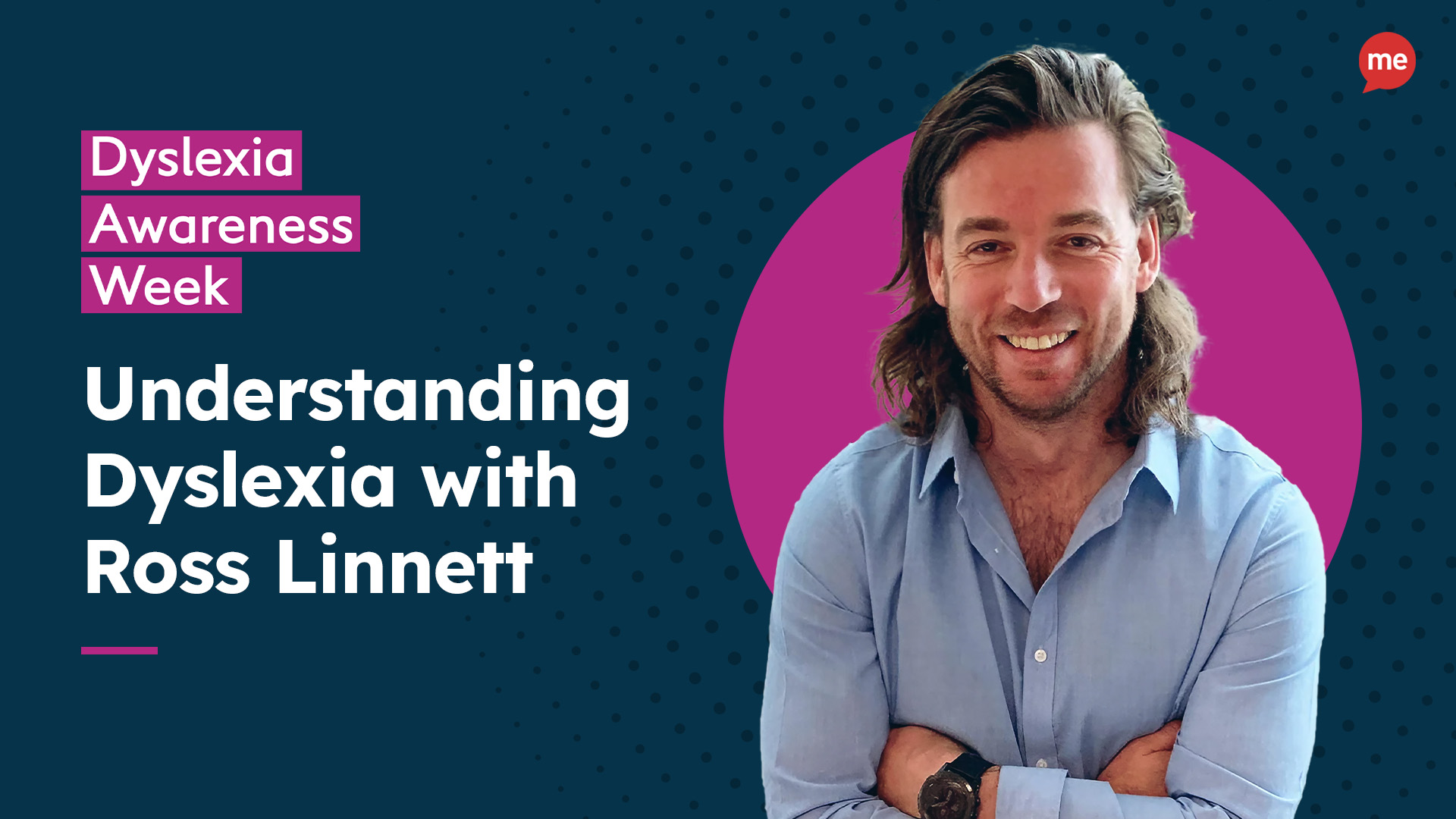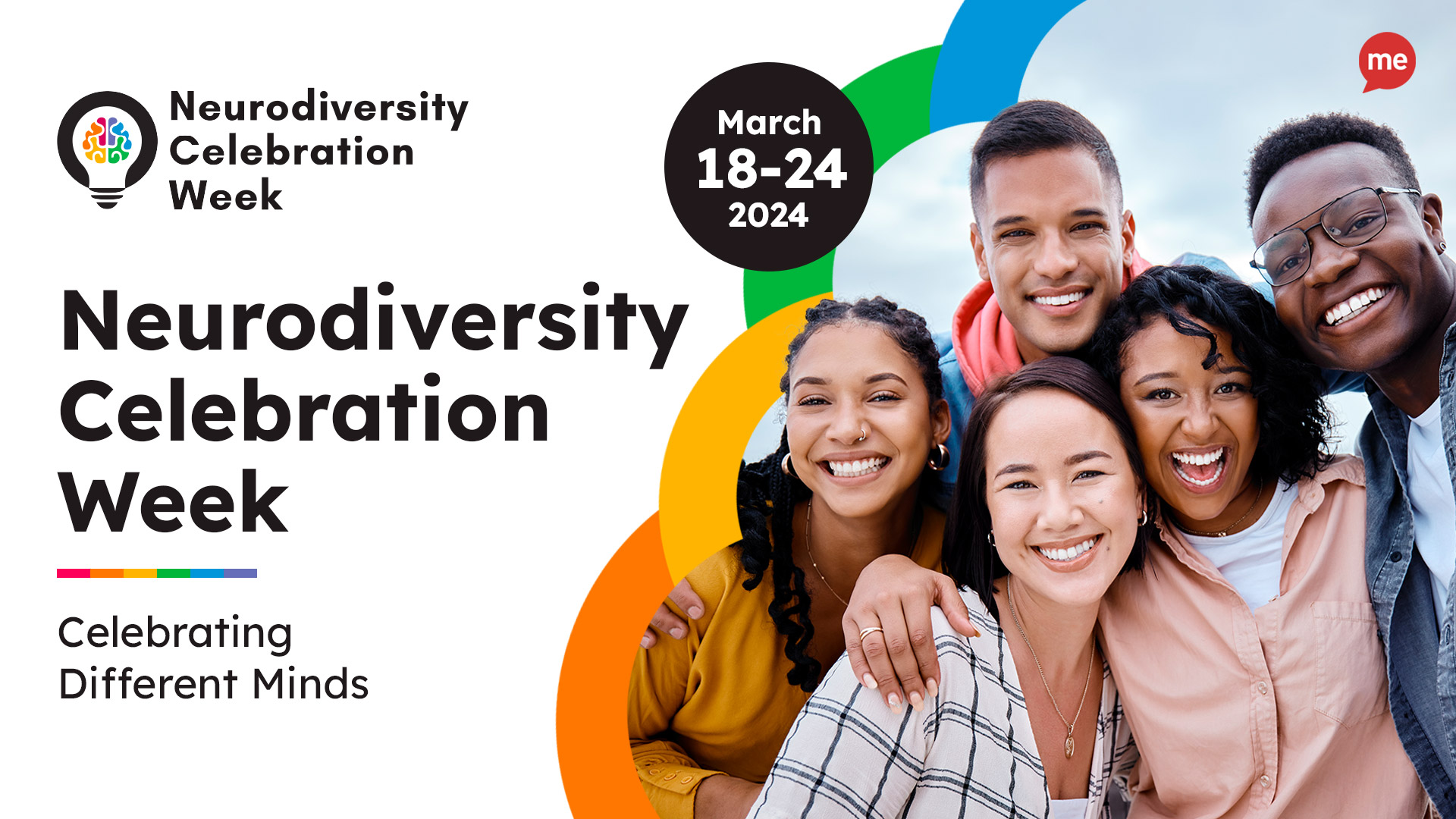Learning Disability Week 2024 runs from the 17th to the 23rd of June. It is an annual event bringing attention to the challenges faced by individuals with learning disabilities, with the aim of promoting inclusivity and understanding.
Join us as we explore the significance of learning disability awareness, the hurdles people face, and the steps individuals and businesses can take to support and empower people with learning disabilities.
What is a Learning Disability?
Learning disabilities are neurological conditions that affect an individual’s ability to process information and learn at the same pace as their peers. They can manifest in various ways, impacting areas such as reading, writing, comprehension, math, and problem-solving.
Learning disabilities are generally considered inherent and lifelong, with signs of onset typically appearing before adulthood – most frequently in adolescence. While each case is unique and severity varies, individuals with learning disabilities may need help to understand information, learn new skills, and live a fulfilling life. Some will also have additional healthcare needs and may require support to communicate.
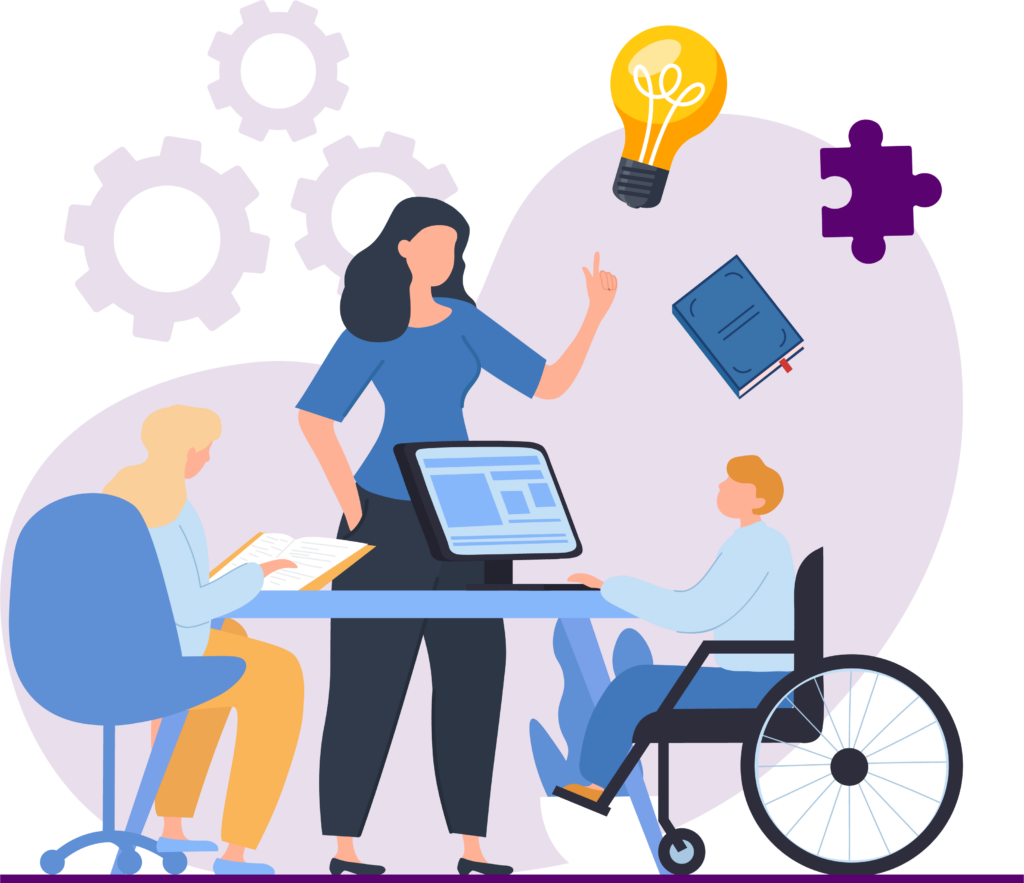
What’s the Difference Between a Learning Disability and a Learning Difficulty?
The terms ‘learning disability’ and ‘learning difficulty’ are often used interchangeably. However, they have different meanings.
Learning Disabilities
A learning disability is a condition affecting learning and intelligence across all areas of an individual’s life such as household tasks, socialising or managing money. People with a learning disability tend to take longer to learn and may need support to develop new skills, understand complicated information and interact with other people.
Learning Difficulties
Like many disability phrases that have been popular in the past, the term ‘learning difficulties’ is rather outdated. We prefer the term ‘neurodivergent traits’ because it’s a much better descriptor, and is neither negative nor discriminatory. Neurodivergent traits create obstacles to specific forms of learning, but do not affect overall IQ. Rather, the challenges presented can be overcome with the proper support and accommodations. Dyslexia is a good example, as it impacts only the ability to read, write, and spell, but individuals can learn and function at the same rate as their peers in other areas. Check out our blog to learn more about the correct language to use when talking about neurodiversity.
Learning Disabilities in Australia
1 in every 10 people in Australia have a learning disability. People with mild learning disabilities can lead full and independent lives and may only need assistance with tasks like finding a job and managing money. However, those with severe learning disabilities may need more advanced – or even full-time – care. This may also be the case with individuals with a learning disability andand one or multiple learning difficulties – which is not uncommon.
Why is it Essential to Provide Support Online?
By providing online support tailored to meet individual needs, we can empower individuals with learning disabilities to thrive, learn, and contribute to society on an equal footing when it comes to everyday tasks and activities like:
Shopping
Banking
Paying Bills
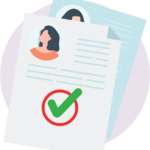
Apply for Jobs
Access Information
Communicate with friends
The internet has become an integral part of our lives, offering a vast range of information, services, and opportunities. For those with learning disabilities, online platforms hold tremendous potential for learning, social interaction, and personal development. However, individuals often encounter barriers on websites that hinder their ability to access and engage with digital content effectively. Some common examples of online access barriers include:
- Overly complex language
- Cluttered layouts
- Absence of alternative formats
- Lack of keyboard navigation
- Limited options for customisation
It is crucial to address these challenges to ensure equal access to information for all. Otherwise, individuals with learning disabilities may face exclusion, isolation, and limited access to educational resources and employment opportunities.
“It is vital that we understand the needs of people who are excluded from society. It is only by focusing on their needs and rights, and working to remove the barriers they face, that people with learning disabilities will achieve their rightful place in society”.
Mencap
Charity Support
There are several national charities and organisations that offer support and education to help people with learning disabilities, their parents, and their teachers. Here are a few prominent examples:
Scottish Commission for People with Learning Disabilities (SCLD) – The SCLD is committed to improving the lives of people with learning disabilities in Scotland. The organisation works closely with the Scottish Government to deliver The Keys to Life strategy.
Adult Learning Wales (ALW) – ALW provides funding, courses, and support to remove access barriers for people living with learning disabilities and help them into the job market.
The National Centre for Learning Disabilities (NCLD) – For over 40 years, the NCLD has been improving the lives of young people with learning disabilities by providing the academic, social, and emotional support they need to succeed in life.
The National Institute for Learning Development (NILD) – The NILD is geared towards helping educators understand how to better meet the needs of students with learning disabilities through various courses and workshops for teachers and education facilitators.
Why Charities Need an Accessible Website?
The charity sector is well known for supporting some of the most vulnerable members of our society. So it makes sense that charity organisations should take the lead in tackling web accessibility as a way of championing their cause. After all, excluding people online simply doesn’t sit well in a sector where the general ethos is geared towards equality and inclusion for all.
When left untackled, digital exclusion leads to a two-tiered society as vulnerable citizens are left without equal access to advice and information. This is something the charity sector works incredibly hard to avoid. So the shared values between charity goals and the benefits of web accessibility are evident. But it’s not all about staying true to charity values. There are several other reasons why charities should prioritise website accessibility:
- Raising awareness – The more a charity does to provide access to information, the more people it can reach. A wider audience creates more awareness and understanding of the charity and its goals.
- Achieving Legal Compliance – Charities are legally responsible for meeting accessibility standards.
- Getting More Donations – Charities rely on websites to communicate their values and attract supporters and donors.
- Competing in a tight market – There are over 60,000 registered charities in Australia. Having an accessible website is therefore essential for charities wanting to stay ahead/keep up with the competition.
How Assistive Technology Can Help
While most charities recognise that change is required, many struggle to work out exactly how to make their websites more accessible for people with disabilities.
Assistive technology is pivotal in bridging the accessibility gap for individuals with learning disabilities. Software solutions like the Recite Me web accessibility toolbar remove barriers by allowing website visitors to fully customise a webpage so it meets their individual needs. Key features for individuals with learning disabilities include:
- A screen mask to help with focus and concentration.
- Text-to-speech conversion in over 65 different languages.
- Complete control over the speed at which the text is read aloud to allow for varying auditory preferences.
- Customisation options for text font, colour, sizing, and spacing, so that the look of the webpage can be tailor-made into the perfect format for every individual.
- A spell-checker and a fully integrated dictionary and thesaurus to help with comprehension.
Find Out More
If you’d like to know more about getting involved in Learning Disabilities Week 2024, you can find information, resources, and activities on the Mencap Website.
To learn more about harnessing the power of assistive technology to provide inclusive online experiences, please contact our team or book a real-time demonstration to see the Recite Me Toolbar in action.

